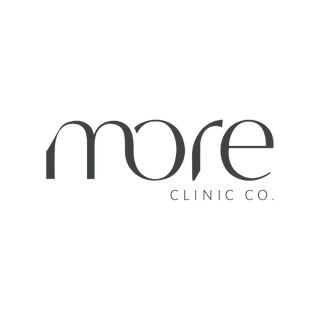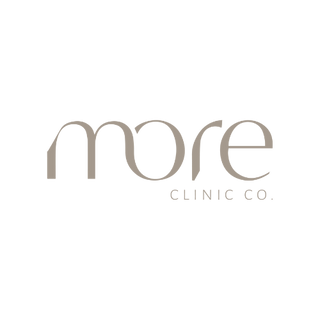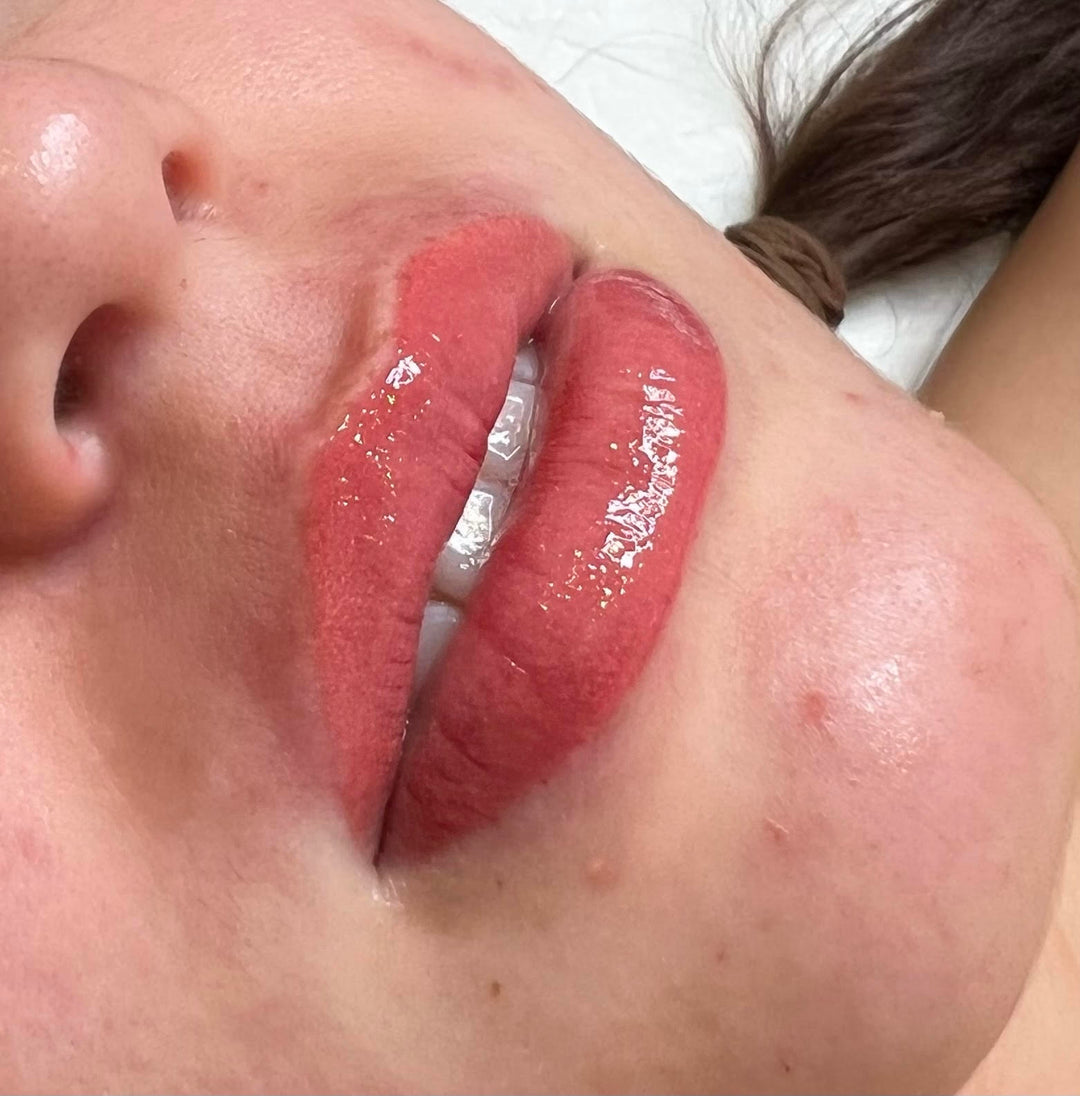Acne scaring

What is acne scaring?
Acne scaring sits deeply in the skin, as it is a result of damage to the dermis layer. When damage occurs to the dermis, our fibroblast go into overdrive and produce extra collagen which is sent to the affected area to rebuild new skin tissue. This tissue can appear discoloured, thickened and/ or raised.
What can cause acne scaring?
This can occur naturally or be caused by picking/ popping pimples or blackheads. Scarring is mainly impacted by the severity of acne. It can also be impacted by hormones, genetics and how an individuals skin heals naturally.
What should you do to prevent and improve acne scaring?
Treating acne scaring can be difficult due to where it sits in the skin. Increasing the skin cell turnover is crucial to break down the severity of scar tissue and lessen the surface appearance of the textural indentation. Stimulating healthy production of collagen and elastin will help soften the scar tissue as new cells are created.
-
Avoid harsh exfoliators, cleansers and scrubs as these will strip the skin protective barrier and may cause or worsen the damage. Skin should never feel tight after cleansing or exfoliating.
-
Have a high-quality cosmeceutical skin care routine and be consistent with it. Ensure you are using the appropriate ingredients for acne scaring.
-
Avoid picking, scratching or popping congestion as this may result in spreading bacteria, causing more congestion and scaring.
Ingredients to target acne scaring:
-
Niacinamide (Vitamin B3)
-
Vitamin C
-
Peptides
-
Alpha Hydroxy Acid (AHA)
-
Beta Hydroxy Acid (BHA)
If you’d like to start your skin journey but still don’t know where exactly to start, we recommend the following cosmeceutical products based on the appropriate ingredients for this concern:







